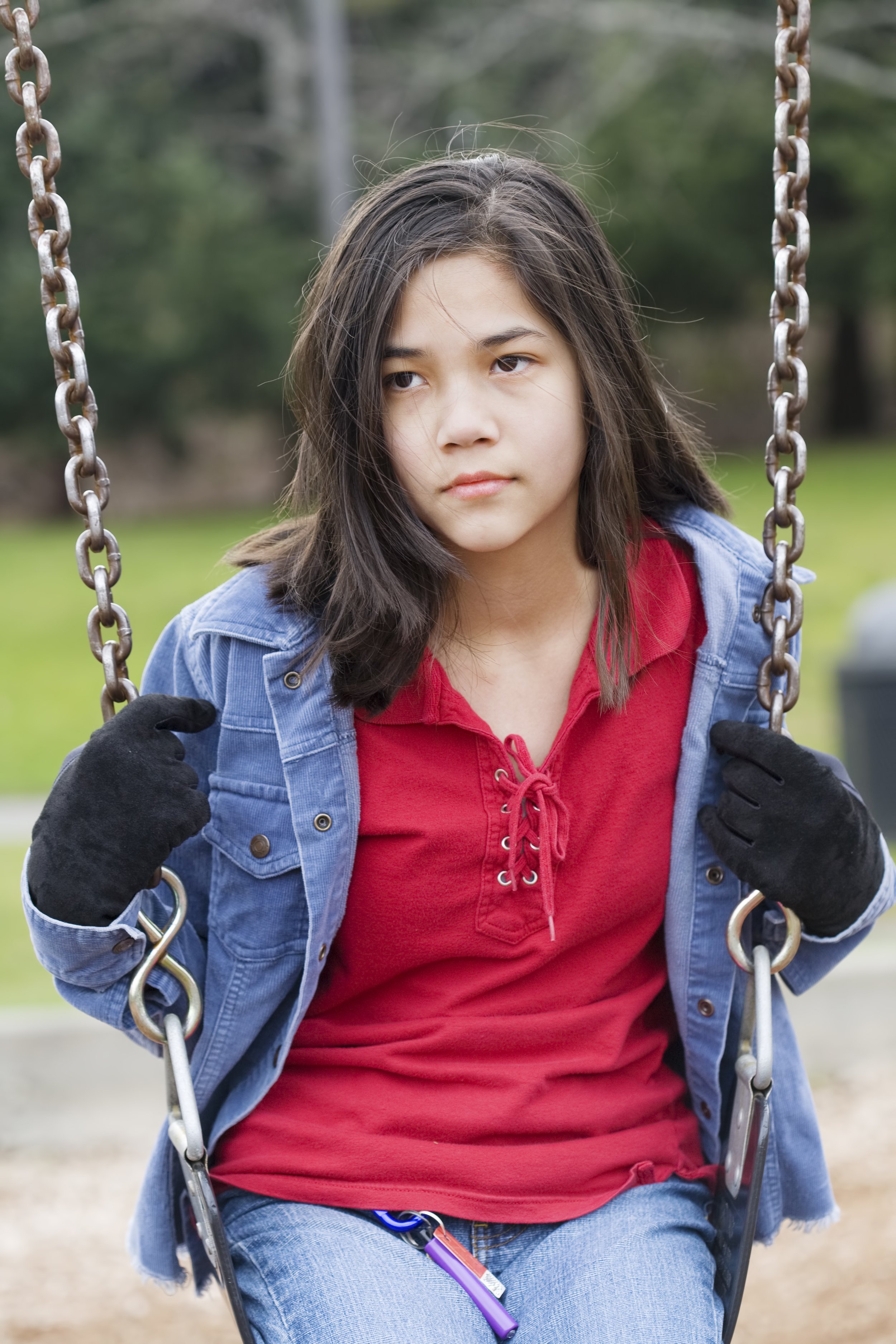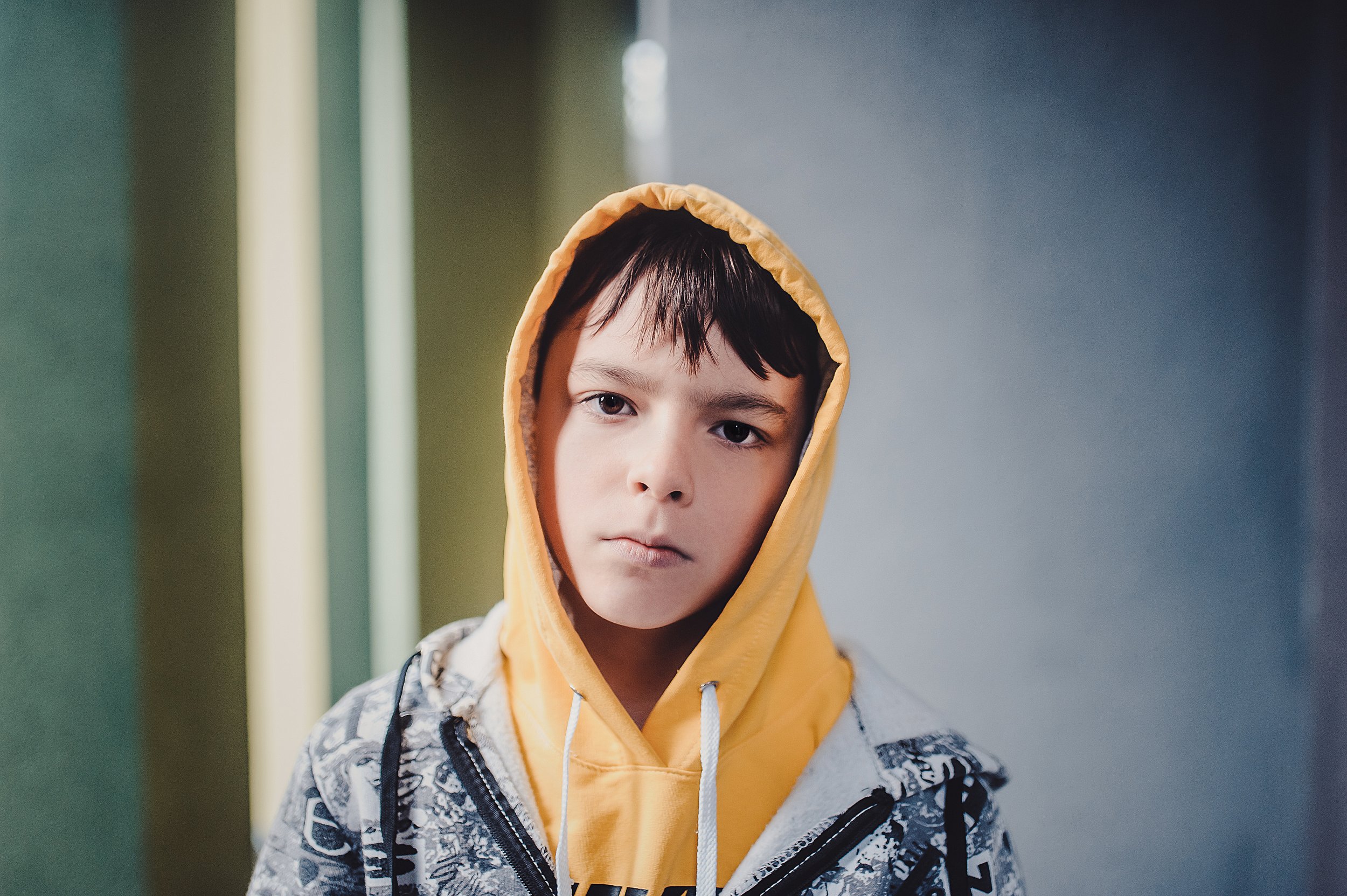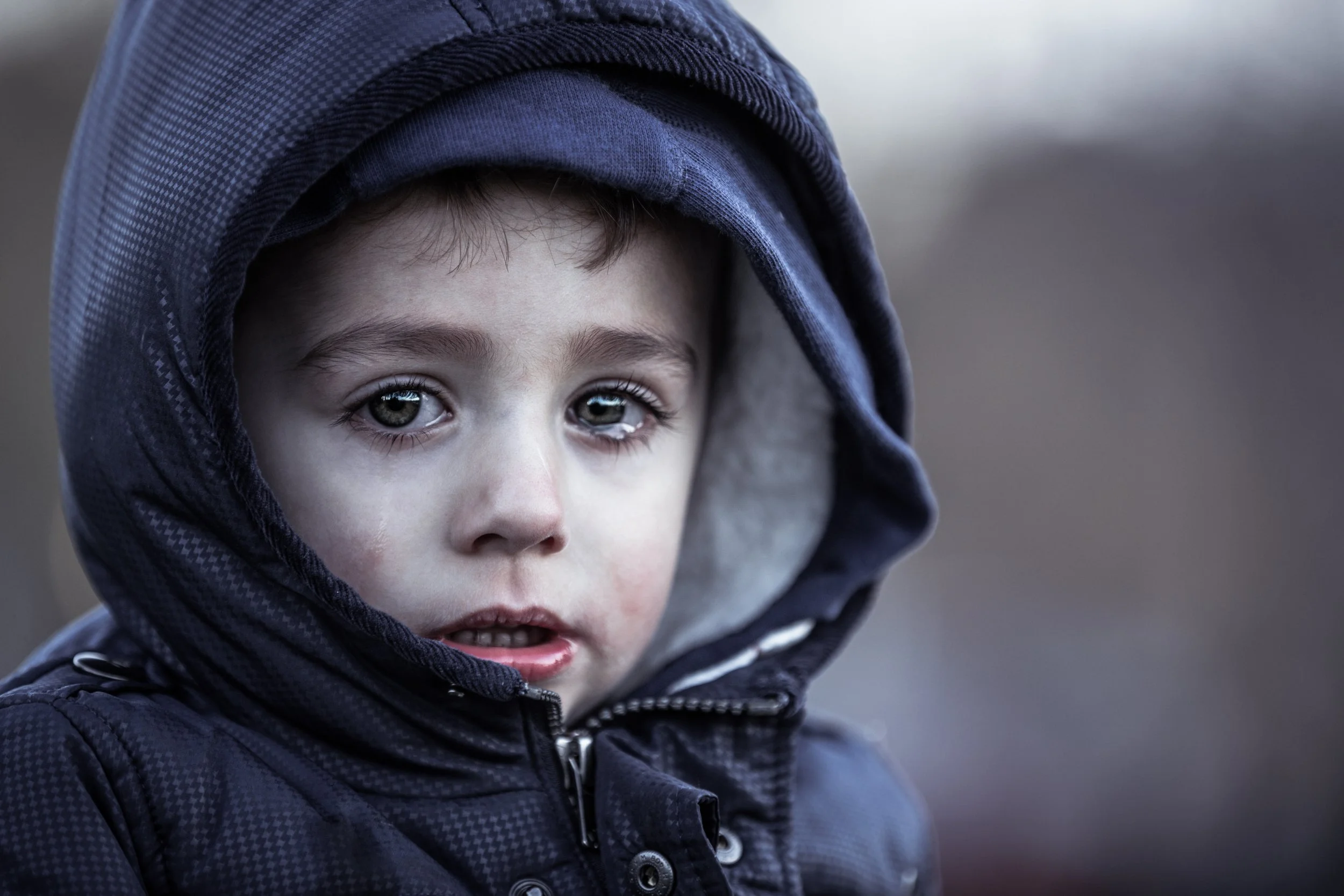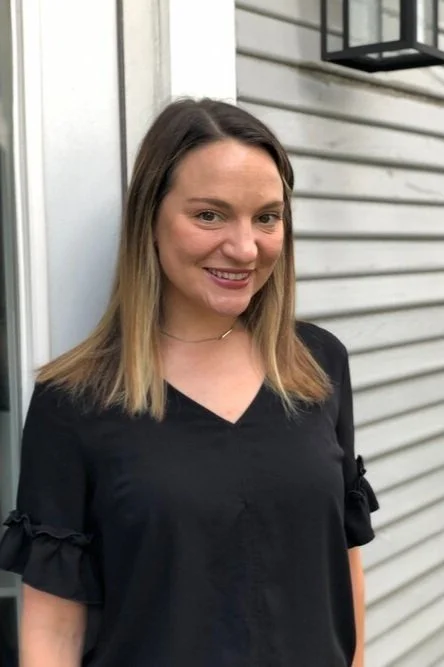Signs and symptoms of depression in children at different ages
Signs and symptoms of depression in children at different ages
“They’re really not acting themselves. Who is this tiny person and what have they done with my child?!”
“Why are you so down on yourself? It’s going to be, ok.”
Every parent has, at some point, felt out of touch with their child’s emotions and wondered “what are they thinking?”. Children’s personalities are in flux, by the very nature of progressively developing social and emotional maturity. As they grow and separate from their parents, it is totally natural for boundaries to form. At times though, children can become overly elusive, sluggish, brooding, antisocial, or even start forgoing meals. “Is it depression? How do I step in and help?”
There is no magic ‘depression quiz’ that a child can take to determine they are depressed. While there are diagnostic screeners used by psychologists, for many parents at home wondering if their child needs therapy, thoughtful observation is the first step. But what is developmentally appropriate (kids-being-kids) and what is possibly an escalating condition? Here we have outlined some key symptoms of depression at different age ranges.
Kindergarten:
5 year olds & 6 year olds
· Appears to have lost skills or gone backwards (using baby talk again or returning to thumb sucking).
· Separation anxiety returns.
· Shows aggressive behavior.
· Doesn’t want to play. Gets withdrawn on playdates or around other children. Puts up a fight or throws a tantrum to avoid playdates and playgrounds.
· Alters sleep schedule and naps at odd hours throughout the day.
· Generally sluggish during the day.
· Begins losing weight. May have no interest in treats or what’s being served at meals.
Elementary:
7 year olds, 8 year olds, 9 year olds, & 10 year olds
· Routinely complains about aches and pains when nothing is wrong physically.
· Outlook on life is generally negative.
· Has friends, but talks often about feeling sad or lonely.
· Talks about being bullied, but there are no signs of it.
· Does much worse at school or sports. Doesn’t care about doing well at anything.
· Says most things are boring and loses interest in daily activities.
· Spends almost all free time on the couch or in front of the TV.
· Isn’t gaining weight during a time of growth spurts.
Preteens and Tweens
11 year olds & 12 year olds
· Has closed off emotionally from family and friends or seems distant.
· Spends a lot of time behind closed doors.
· Gets furious over little things. Is uncharacteristically angry and irritable.
· Often lashes out in anger, including physically.
· Says they feel stupid, worthless, or hopeless.
· Thinks that one bad outcome means that everything else is a catastrophe too.
· Becomes obsessed with their shortcomings.
· Feels hopeless about the future.
· Begins acting out with risky behavior.
· Dramatic changes in daily habits, such as skipping meals or binging on junk food.
It is our hope that this will help give you some guidance. If you believe there is some concern, we are here to help with the challenges children face as they find their way in developing self-awareness and self-esteem.
Rebecca Self, LPC
I’m a Licensed Professional Counselor and a Play Therapist. I help children in getting the support they need for their development, and I coach parents and eductors on evidence based practices to support their child.
Children ages 5-12 years old communicate through play. You don’t necessarily have them coming to you saying, “I had a rough day, and I need to talk about it.” More often than not, they will come to you wanting to play. Play therapy is about decoding the messages children are expressing, so that we can better love and support them.
Spending 13 years in the school system and being mom to two young children, I know firsthand that our children need our support in ways that challenge us as a parent or caregiver. I’m here to help empower your child to understand their emotions, and facilitate the family bond.
(Located in the Heights of Houston, TX)




